Media Archeology Lab
About the Media Archeology Lab:
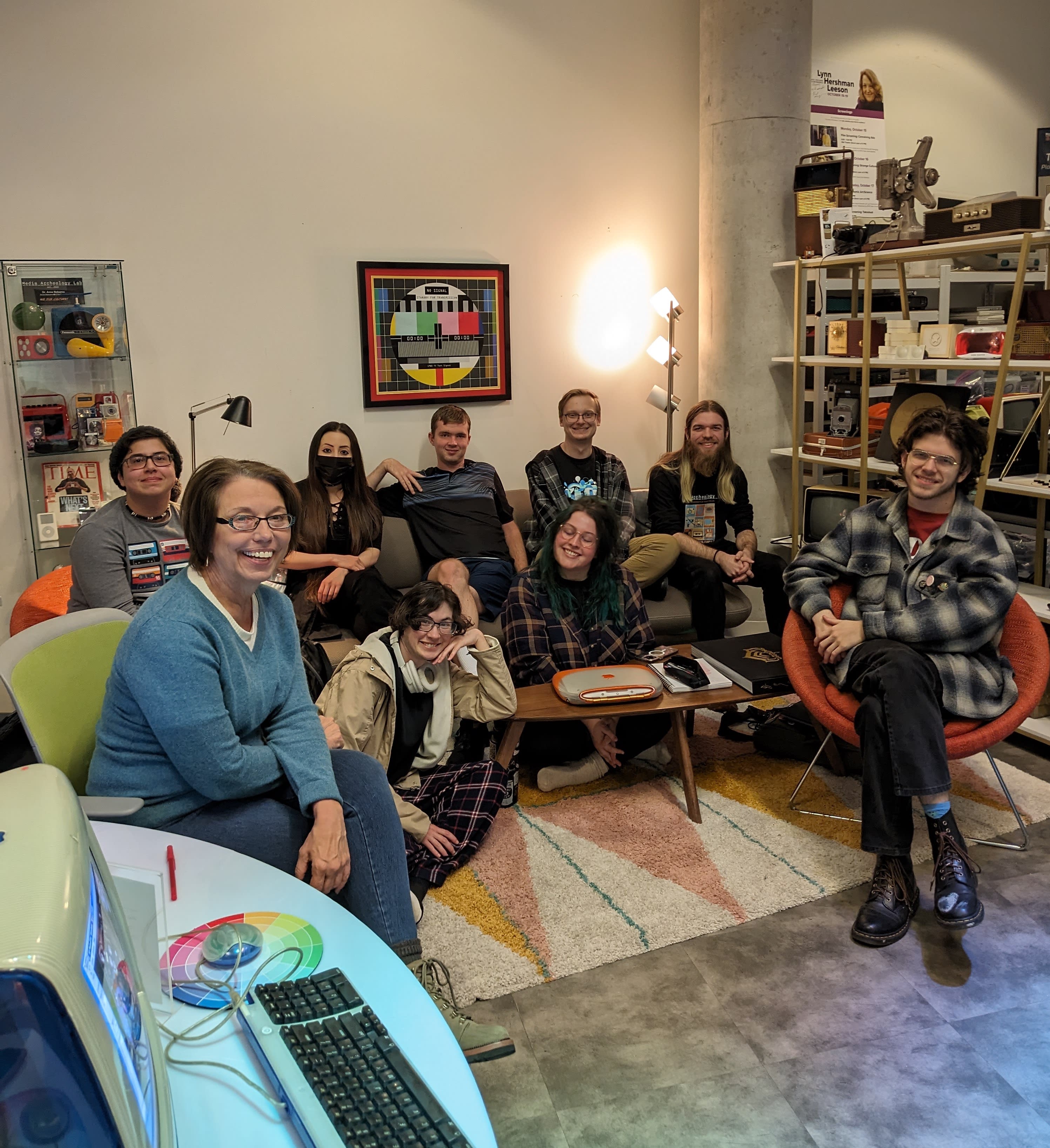 The purpose of the Media Archeology Lab (MAL) is to stimulate interest in a growing area of research about the cultural impact of media technologies of the past 100 years.
The purpose of the Media Archeology Lab (MAL) is to stimulate interest in a growing area of research about the cultural impact of media technologies of the past 100 years.
The work of the lab involves:
- Reverse engineering the functionality of devices.
- Diagnosing what is needed to restore functionality: troubleshooting malfunctions/repairing broken elements/replacing worn parts.
- Researching the factors that influenced design of the device (material/technical/economic/social).
- Finding historic information about the device, content and media forms.
- Investigating the individual and social practices enabled by the media system.
- Analyzing the connections between our current use of media technologies and those of the past 100 years. What insights do we take away from understanding the relationships between past and present media forms.
The MAL hosts workshops and demonstrations to discuss issues of historical context, media specificity, preservation of old media and the obsolescence of media forms over time.
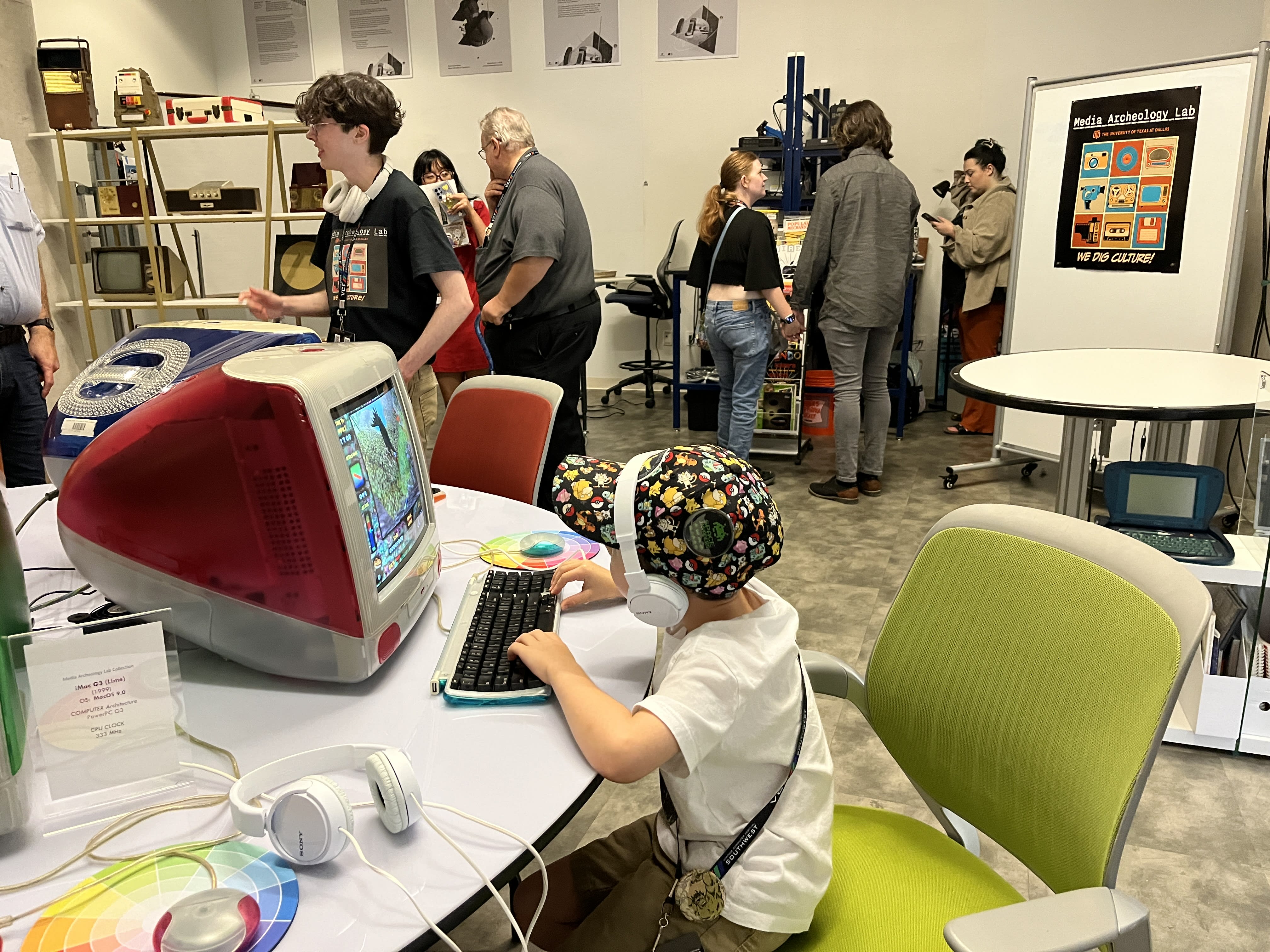
Our members are an eclectic group of faculty, staff and students who share a passion for old technology. Areas of expertise of our team include animation, games, computer science, software engineering, history of film, photography, audio and sound and design. Our program houses an archive of vintage media devices and content. Significant collections include working vintage Apple computers, mini and portable televisions, a laser disk film collection, vintage brownie cameras, vintage computer games and educational applications, historic Adobe applications, visual media projectors and historical popular print materials.
About our Project:
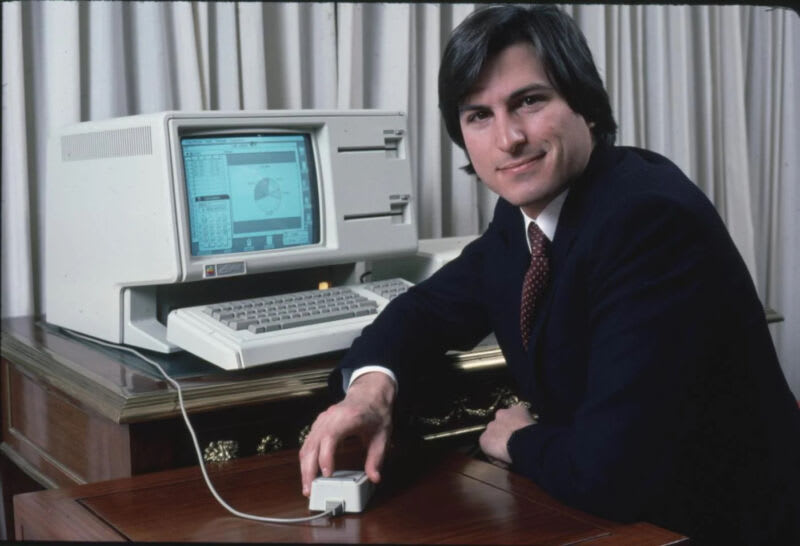
We are raising funds to restore a vintage Apple LISA computer from the early 1980s using specially designed new computer boards that match the function of the original boards: CPU board, memory board, mother board, video board and system I/O board.
We seek to raise $4,000. The funds raised will be used to purchase a non-working vintage LISA computer that is still in good cosmetic condition (without cracks or staining on the plastic). These machines are available on auction sites. Our baseline fundraising goal matches the typical cost of a non-working machine.
The objective is to create a functional working LISA computer that can run the operating system and software of the original machine from the 1980s.
We will do the restoration as a featured event at the Vintage Computer Festival (VCF) in June 2024 (to be held at the UT Dallas campus). The restoration will be organized in phases; each stage will be taped and shared on YouTube Channels affiliated with VCF, MAL and UT Dallas.
Members of the local vintage computing community have offered to review the condition of possible machines for purchase. Once we purchase the machine, the Media Archeology Research team will gather all the information, tools and software needed for the restoration. Though experts in the vintage computer community will help guide the restoration, the actual work will be done by student researchers on the Media Archeology Lab team.
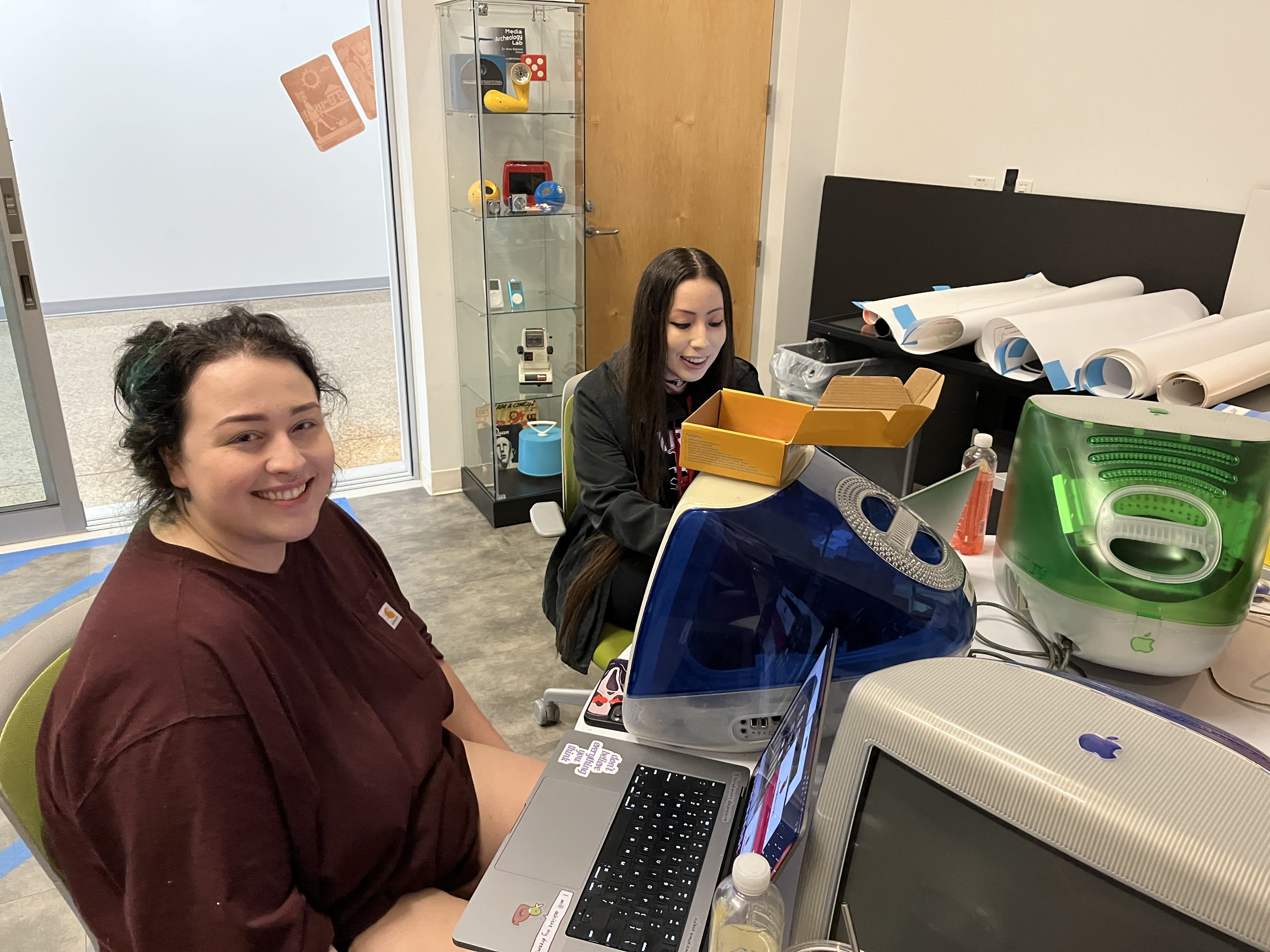
Your contribution to this project will enable a passionate group of young student researchers at UT Dallas to contribute to the history of computing through the restoration of a significant machine.
This project will attract the attention of participants at the Vintage Computer Festival, who are themselves passionate about the history of computing.
Your contribution to this project will support the research of the Media Archeology Lab through the acquisition of vintage devices and software, replacement parts and manuals. This collection is available for use by other researchers who want to do their own research on the history of computing technology hardware and software, histories of computing culture and the evolving relationship of technology, art and culture.
Why is it Important?
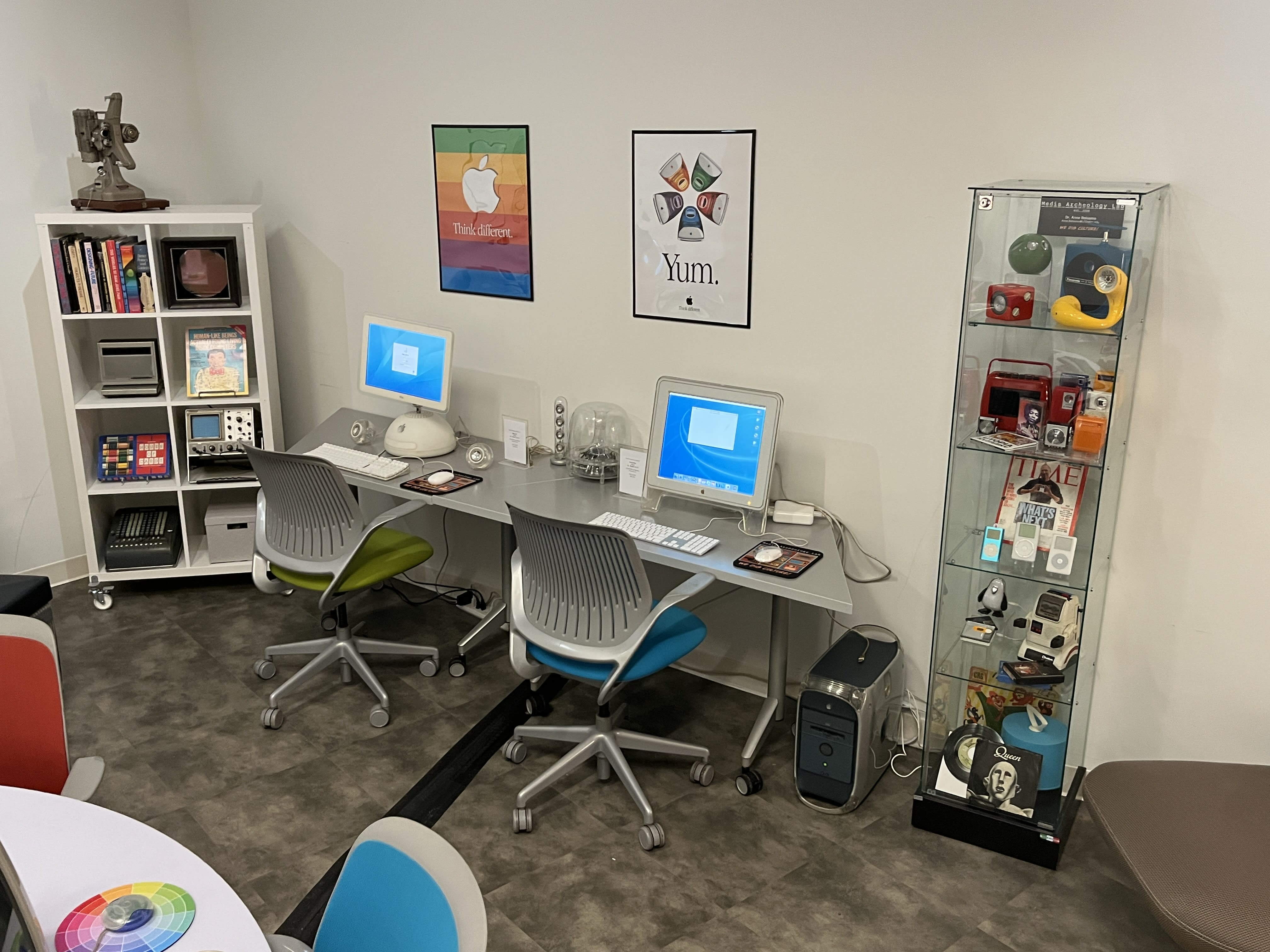
The LISA computer is a significant machine in the history of the development of the personal computers made by Apple.
Introduced in 1983, the Apple LISA was one of Apple’s earliest personal computers. It incorporated a unique graphical user interface (GUI) and was the first computer to use a mouse for screen navigation. It featured a high-resolution monochrome display, a 5 MHz 68000 microprocessor and 1 MB of RAM, which were quite advanced specifications for its era. It originally sold for $9,995, a cost that limited its popularity in the consumer market at the time. The Lisa’s GUI and mouse-driven interface set the stage for the Macintosh, which was released a year later in 1984. Despite its historical significance, the LISA was discontinued in 1986 due to its high cost and limited sales. Nevertheless, it remains an iconic milestone in the history of personal computing, paving the way for the user-friendly systems we use today.
Restoring old computers enables us to understand the evolution of computer architecture and software and how earlier arrangements continue to influence the functioning of contemporary computers. We can analyze how the architecture, form factor and design changed over time to adapt to new technologies and new conventions of use.
Using original hardware, CRTs, keyboards and peripherals provides a body-based experience of the software and media that was used on the device.
Our Project's Impact
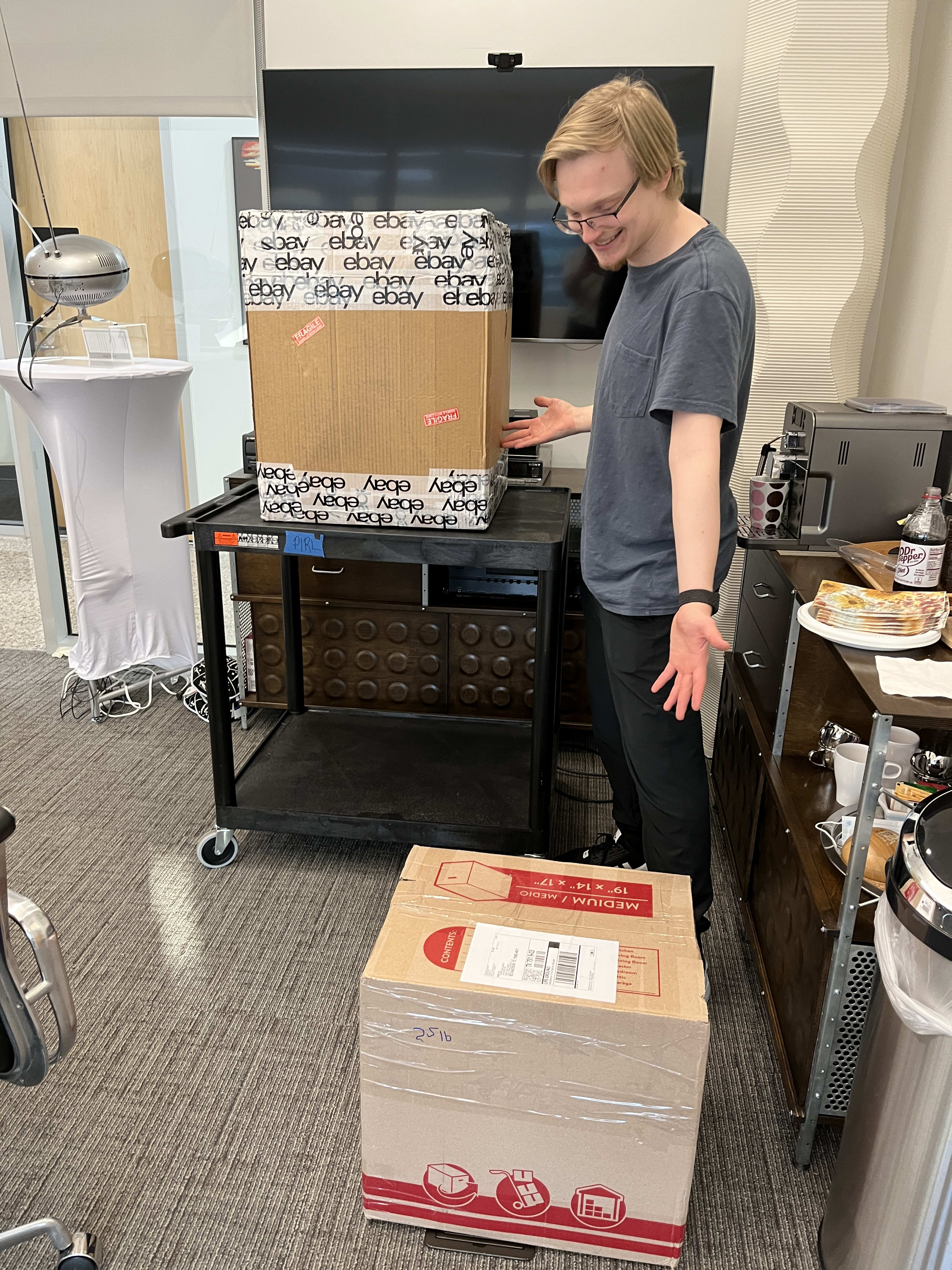
The restored LISA computer will be an important addition to the collection of Media Archeology Lab which presently includes 14 working Apple computers from 1980 through early 2000s.
The acquisition and restoration of a LISA computer further enhances the unique contribution of the Media Archeology Lab to the vintage computing community in North Texas and among UTD students and faculty.
Our Stretch Goals
Additional funding would be used to purchase vintage software and repair parts, as well as to support individual student researchers to participate in the Vintage Computer Festival and work in the Media Archeology Lab during summer 2024.


